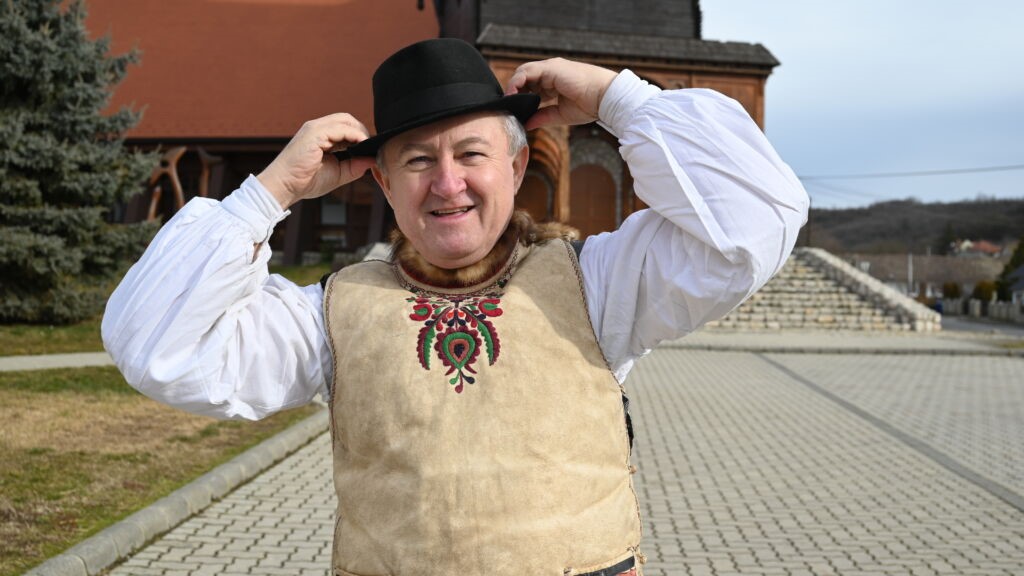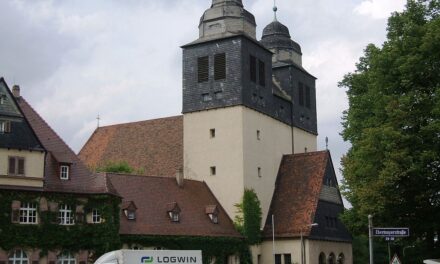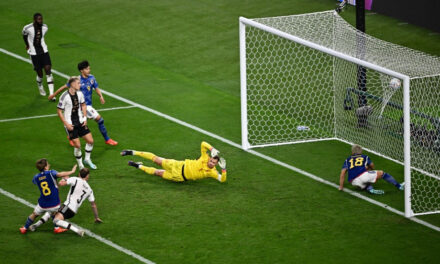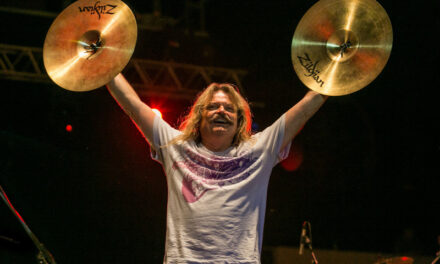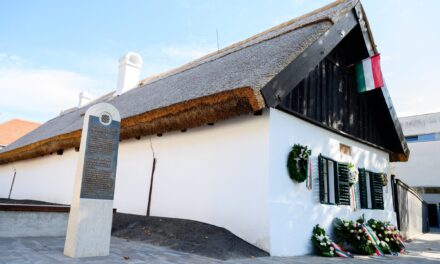remembered with a Székely flavor the former August 20 and the preparations before it, and the importance of baking bread.
There were ten of us brothers. This was not uncommon among the Szeklers of Bukovina. That's why my mother had a big kneading bowl, big pots, big feet, and big bowls. We had bread baking every Wednesday for a whole week. Early in the morning, my mother casually put on her clothes and headscarf, which she used only for kneading, and began kneading with sourdough.
When the bread dough started to crawl out of the pan, my mother would tear it into the kitchen doors (straw bowls) lined with a blanket, and then let it rise further. My father heated the kuttor, (oven) he had put in it, and when he pulled the wooden shovel, (wooden shovel) from the bottom of the oven, it sparked, so you could tell that it was hot enough to bake bread.
Then my mother covered the bread dough from the back door onto the wooden floor, pressed her three fingers into it as a blessing, remembering the three divine persons (Father, Son, Holy Spirit) and put it in the oven.
All seven pieces fit in it. When it was baked, my mother pulled it out with a tongs, crossed it with the edge of her hand, and then wiped the top with a wet brush. He wrapped the nice big round loaves in a clean white cloth and placed them on two wristwatches. After that, the oven still had enough heat that my mother's blessed walnut-jam muffins were also baked. Since then, I have been blessing my father's handiwork, who built the oven, and I have been blessing my mother's handiwork, who baked us bread. Let's not forget to bless the bread before breaking it, because the bread is the blessing itself!
Stánka
(According to Székely pronunciation)
The full article can be found on István Sebestyén's Facebook page.
Source: sándár.hu
Photo: Gábor Tóth, Vasarnap.hu

